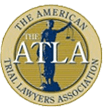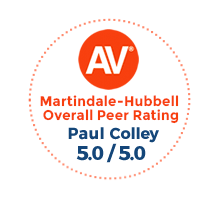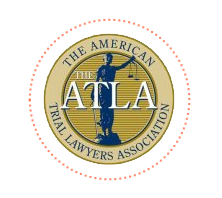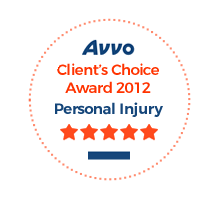What is Intellectual Property Protection?
In this day and age, information is easily accessible and very inexpensive, if not free. All different kinds of mediums -- text, audio, video, and images -- can be uploaded to social media for the world to see, or attached to a private letter and sent to an individual thousands of miles away from your current location. All of this can be done in a matter of seconds. Digitized content has never been more widely available to internet users around the globe.
While this advent of digital information sharing brings a host of benefits, there are some drawbacks to consider. Content that is easily accessed online can just as easily be stolen and used without permission. This is very discouraging to content creators such as artists, writers, musicians, inventors, engineers, and more. After all, why create content if somebody can steal it in a matter of seconds and claim it as their own?
This is why the United States government adopted the use of Intellectual Property (IP) laws. The United States Patent and Trademark Office (USPTO) defines IP as "creations of the mind - creative works or ideas embodied in a form that can be shared or can enable others to recreate, emulate, or manufacture them". Depending on its nature, IP can have one of the following three protections: copyrights, patents, or trademarks.
Copyrights
A copyright is a certification issued by the government that protects ideas and expressions represented in works of art and literature, such as films, paintings, and novels. Copyrights grant the owner exclusive executive rights to their work, such as the right to distribute copies of their art for public display. Remember that copyrights protect only the form of expression, not the content itself. For example, you can copyright your original painting of the Tokyo Tower, but you cannot stop someone else from painting their own depiction of the tower.
Patents
While copyrights are for creators of art, patents are designed for inventors, engineers, and other similar professionals. Patents specifically protect inventions and designs, and work somewhat differently than copyrights: rather than granting rights to their owners, patents restrict executive rights of a design or an invention to everyone except the creator. The USPTO defines this as the rights of “making, using, offering for sale, selling or importing the invention".
Trademarks
Intellectual properties are everywhere, and widely recognizable by distinct logos and patterns: the Nike swoosh symbol and McDonald's yellow "M", for example. These logos and other marketing ideas, such as "mottos", are beneficial to both the company and the consumer. Companies often utilize logos to uphold a trustful reputation, while consumers use logos to easily distinguish the quality, reputation, and pricing of different products. As such, trademarks are set in place to prevent companies from stealing logos or creating confusingly similar ones. Similar to a copyright, trademarks only protect a specific design or phrase, not the product being marketed.
Intellectual property law can affect anyone and everyone, from small-town musicians to large corporations. Similar to a breach of contract, intellectual property lawsuits are a large facet of business law disputes and thus should be treated seriously. Colley & Colley can help navigate you through the complex legal process with years of knowledge and experience. To get started, contact an attorney in East Texas today.















